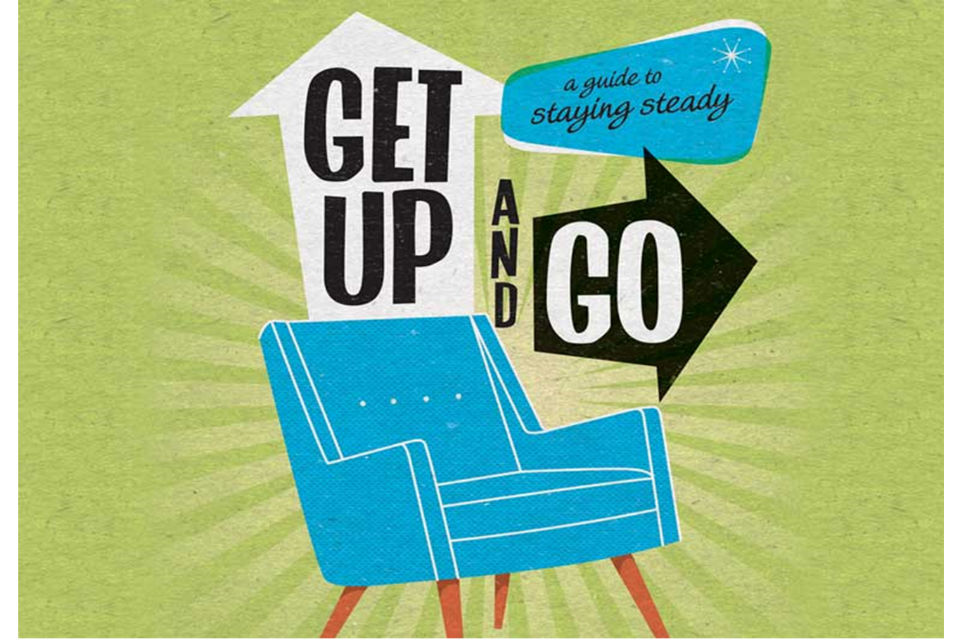The Best Strategy To Use For Dementia Fall Risk
The Best Strategy To Use For Dementia Fall Risk
Blog Article
How Dementia Fall Risk can Save You Time, Stress, and Money.
Table of ContentsTop Guidelines Of Dementia Fall RiskAll About Dementia Fall RiskGetting The Dementia Fall Risk To WorkThe Facts About Dementia Fall Risk RevealedGetting My Dementia Fall Risk To Work
The FRAT has 3 sections: fall danger standing, threat aspect checklist, and action plan. A Loss Danger Condition includes information about history of recent falls, medications, mental and cognitive status of the individual - Dementia Fall Risk.If the individual scores on a risk variable, the matching number of factors are counted to the patient's fall risk score in the box to the far best. If an individual's fall threat rating amounts to five or greater, the person goes to high threat for drops. If the individual scores just 4 factors or reduced, they are still at some risk of dropping, and the registered nurse should utilize their ideal medical analysis to handle all loss risk aspects as part of an all natural care strategy.
These standard approaches, in basic, help create a safe environment that reduces unexpected drops and delineates core preventive steps for all patients. Signs are vital for individuals at risk for drops.
Some Ideas on Dementia Fall Risk You Need To Know
Wristbands ought to include the patient's last and initial name, date of birth, and NHS number in the UK. Only red color ought to be made use of to signal unique person standing.
Things that are as well much may call for the person to connect or ambulate unnecessarily and can possibly be a risk or add to drops. Helps avoid the client from heading out of bed with no help. Registered nurses reply to fallers' phone call lights a lot more quickly than they do to lights initiated by non-fallers.
Aesthetic problems can significantly cause drops. Hip pads, when put on appropriately, might minimize a hip crack when fall takes place. Keeping the beds closer to the flooring lowers the danger of falls and major injury. Positioning the bed mattress on the flooring substantially decreases loss danger in some healthcare settings. Reduced beds are created to reduce the range an individual drops after relocating out of bed.
The Buzz on Dementia Fall Risk
Patients who are tall and with weak leg muscular tissues that attempt to rest on the bed from a standing setting are likely to fall onto the bed because it's as well low for them to decrease themselves securely. If a tall person attempts to get up from a reduced bed without help, the individual is likely to drop back down onto the bed or miss the bed and fall onto the flooring.
They're created to promote timely rescue, not to avoid drops from bed. Audible alarm systems can also advise the client not to rise alone. Making use of alarms can additionally be an alternative for physical restraints. Besides bed alarms, raised supervision for high-risk patients also might assist prevent falls.

Patients with an evasion stride increase loss possibilities dramatically. To reduce autumn threat, footwear should be with a little to no heel, slim soles with slip-resistant step, and support the ankles. Advise client to utilize nonskid socks to prevent the feet from sliding upon standing. Encourage clients to put on appropriate, well-fitting shoesnot nonskid socks for ambulation.
The 20-Second Trick For Dementia Fall Risk
In a research study, homes with appropriate lights record less drops (Ramulu et al., 2021). Enhancement in lighting at home may reduce loss rates in older adults.

Sitters are reliable for assuring a secure, protected, and risk-free atmosphere. Studies showed very low-certainty proof that sitters lower fall risk in intense care health centers and just moderate-certainty that alternatives like video surveillance can decrease sitter use without raising loss risk, suggesting that caretakers are not as valuable as initially thought (Greely et al., 2020).
The Only Guide to Dementia Fall Risk

Enhanced check that physical fitness lowers the risk for falls and limits injury that is endured when autumn takes place. Land and water-based workout programs may be likewise beneficial on equilibrium and gait and therefore decrease the risk for falls. Water workout may contribute a positive advantage on equilibrium and stride for ladies 65 years and older.
Chair Increase Workout is an easy sit-to-stand workout that helps strengthen the muscles in the thighs and buttocks and enhances wheelchair and self-reliance. The objective is to do Chair Surge workouts without making use of hands as the customer comes to be stronger. See sources section for a detailed instruction on see page how to carry out Chair Rise exercise.
Report this page